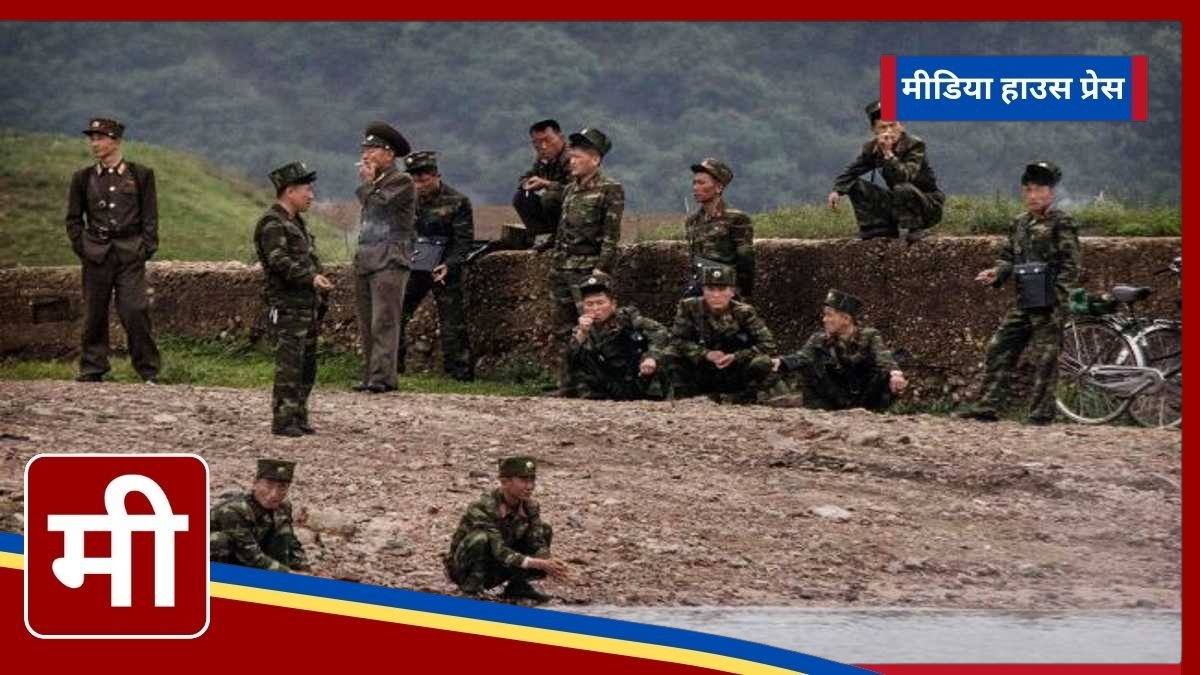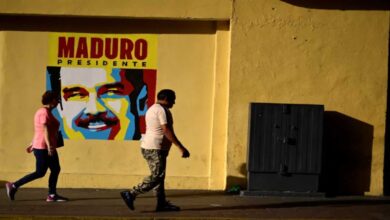Russia Assembles 50,000 Troops, Including North Korean Forces, Near Ukraine Border for Major Offensive: Reports

Amid rising tensions on the Ukrainian front, new reports reveal that Russia has assembled a force of 50,000 troops, including North Korean soldiers, in the Kursk region. According to The New York Times, citing U.S. and Ukrainian intelligence, Russian forces, supplemented by North Korean allies, are preparing for a significant offensive in the coming days. The presence of North Korean forces marks a new phase in Russia’s strategy, intensifying its military efforts with international support while raising alarms about potential escalation in the region.
Russia’s Growing Military Presence in Kursk
A new U.S. intelligence assessment indicates that Russia has reinforced its military presence in Kursk without depleting forces from the eastern front, allowing it to apply simultaneous pressure on Ukraine from multiple directions. This strategic gathering of forces enables Russia to bolster its position along the Ukrainian border, where analysts believe Moscow is preparing to launch new offensives as winter approaches. Currently, Russian forces are reportedly training North Korean troops in the Kursk region in artillery tactics, trench clearing, and basic infantry maneuvers, enhancing their readiness for ground combat.
Ukrainian officials expect an imminent assault involving both Russian and North Korean troops, with intelligence suggesting that North Korean forces are divided into specialized units. According to reports, North Korean soldiers are organized into two main groups: an assault unit and a support unit. This division aims to create a tactical advantage, providing both frontline offensive strength and logistical support.
North Korea Sends Troops to Support Russia in Ukraine
The involvement of North Korean forces in Russia’s Ukraine campaign represents a significant shift in the international dynamics of the conflict. According to Ukrainian President Volodymyr Zelenskyy, as many as 12,000 North Korean troops have been deployed to Russia, with 11,000 positioned in the Kursk region alone. These soldiers reportedly underwent intensive training at Russian facilities before joining Russian forces near the Ukrainian border.
Ukrainian intelligence has intercepted communications among North Korean soldiers on the battlefield, suggesting that North Korean forces have already seen some action against Ukrainian defenders. Their addition has fueled concerns about further escalations in the conflict, as well as the potential for greater casualties given Russia’s record of high losses during offensives.
An Escalation on Multiple Fronts
Despite the build-up, U.S. intelligence believes that Ukraine’s forces are prepared to withstand a Russian offensive from the Kursk region. With defensive lines reinforced along vulnerable areas, Ukraine anticipates that any combined Russian-North Korean assault will face significant challenges. Analysts predict that, if launched, this new offensive could result in substantial losses for both Russian and North Korean forces, mirroring the intense and costly battles seen in Ukraine’s eastern regions.
The arrival of North Korean soldiers signals a deepening alliance between Moscow and Pyongyang, one that marks the closest collaboration between the two countries since the Cold War. This alliance not only adds to Russia’s manpower but also raises questions about future support from North Korea. Observers are closely monitoring the situation, with Western leaders stressing the importance of international solidarity in support of Ukraine’s sovereignty amid these intensified threats.
The Global Response and Future Implications
The unprecedented involvement of North Korean troops in the Russia-Ukraine conflict could have profound implications for global geopolitics. Western nations, including the United States, have expressed concerns over North Korea’s support for Russia, warning that the military alliance could lead to broader regional instability. The alliance brings together two countries that have faced extensive international sanctions and have limited options for external support, creating an uneasy coalition that presents new challenges to peace efforts.
As Russia and North Korea deepen their collaboration, the world’s eyes remain fixed on the border regions where Russia’s Kursk forces appear poised to strike. With the war in Ukraine reaching a critical stage, the latest developments suggest a renewed push by Moscow to secure military objectives, regardless of mounting casualties.
As the situation continues to unfold, Ukraine’s defenders stand resolute, backed by international support and a fortified defensive posture.



